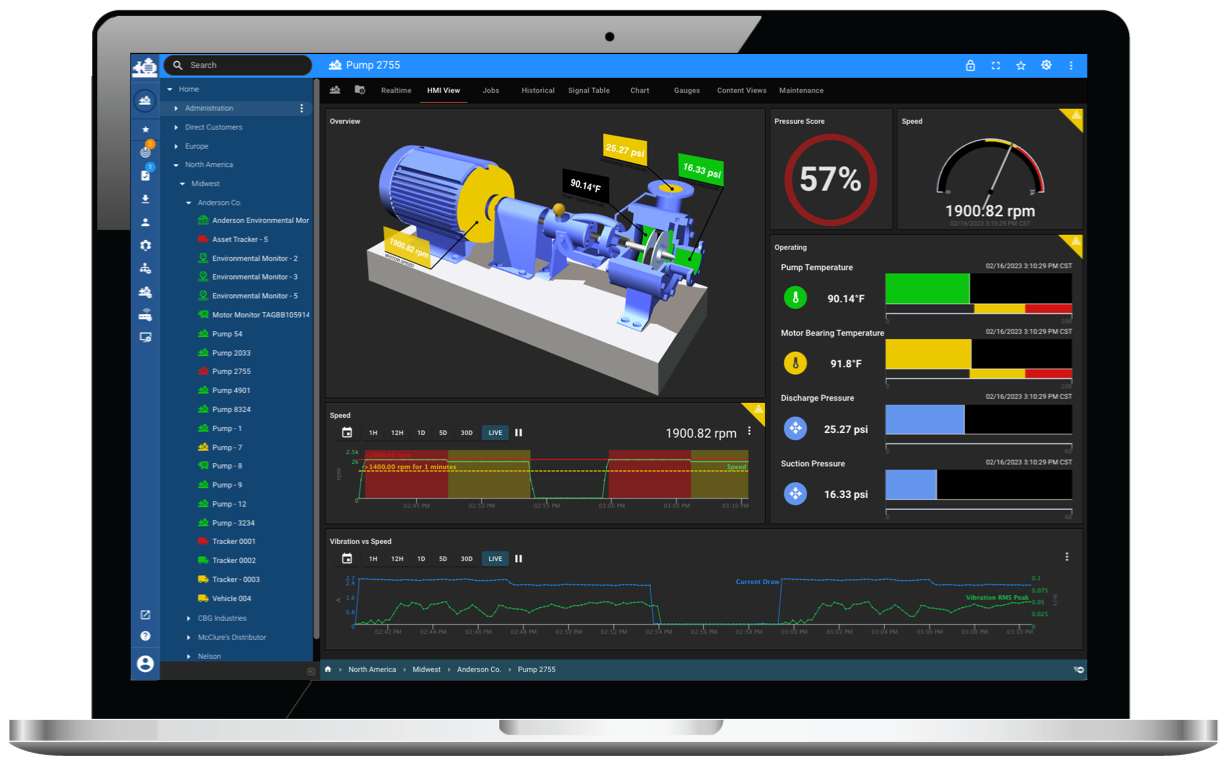Understanding the Building Blocks of IoT Security
by Exosite, on June 28, 2016
The IoT marketplace is quickly becoming filled with more and more companies rushing in with hopes to hit the market with their solutions first. Because of this tech-race, we are seeing a growing number of IoT security disaster stories. Whether a company is seeking a consumer or an industrial IoT platform provider, security must be a priority.
Data is the currency of IoT solutions. It is the thing we collect, process, analyze, and use to identify and control users, behaviors, and environments. To secure data, it is useful to think about the data in three contexts: at rest, in motion, and in use.
Data at Rest
Data at rest is data that is stored on a hard drive, in a database, a flash memory, or RAM.
Data in Motion
Data that is sent from a sensing device over a wired or wireless network, like Wi-Fi, public Internet, or cellular.
Data in Use
Data accessed by a user, machine, or web service with particular permissions that others do not have.
Once a company is able to define the type of data they are going to be protecting, they can build an IoT security strategy to best fit their needs. This might need to be built from the ground up, or in some cases there may be several parts already in place. The Exosite platform has a number of cutting-edge security features that act as building blocks to protect data in all three contexts, including:
- Secure Transmissions
- Secure Storage
- Device Authentication
- User Access and Authentication
- Manufacturing Integration
- Time-Boxed Provisioning Windows
For a complete description of the different data contexts and Exosite’s security features, download the full IoT Security white paper or contact us to speak directly with an IoT expert.




